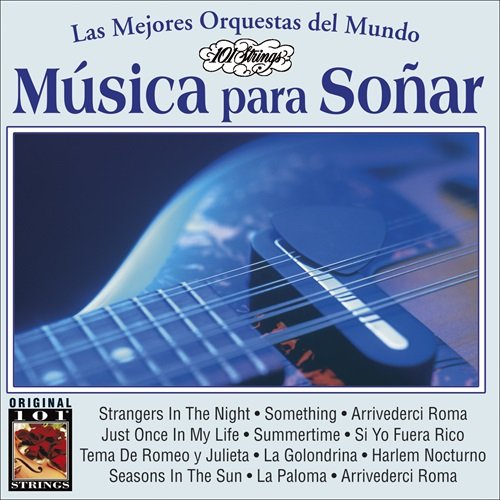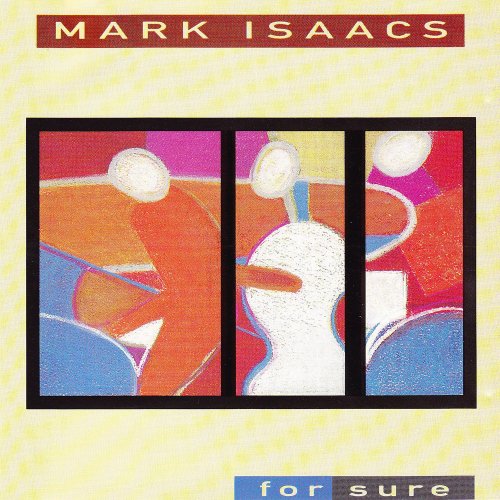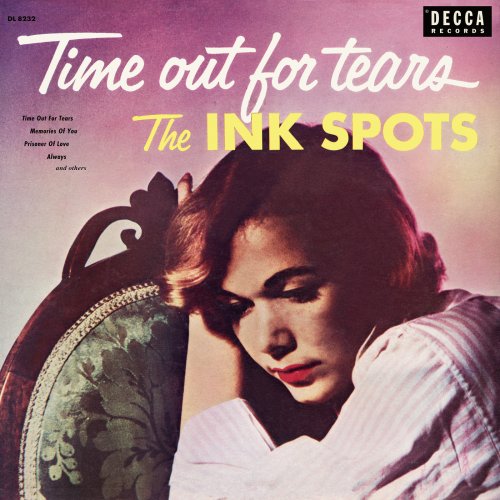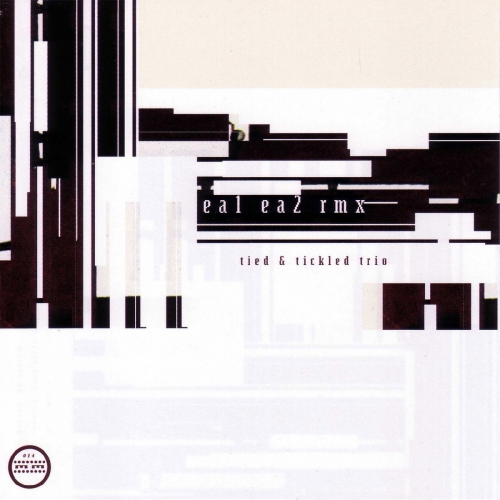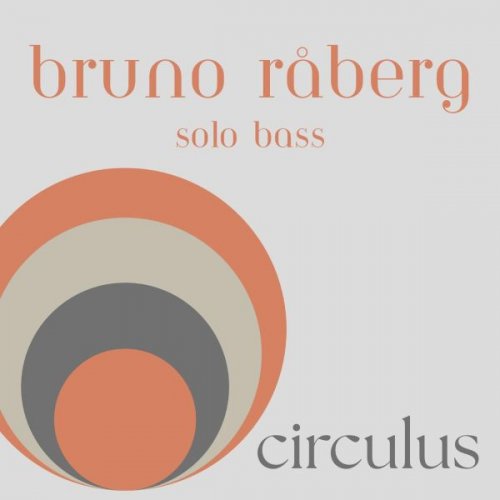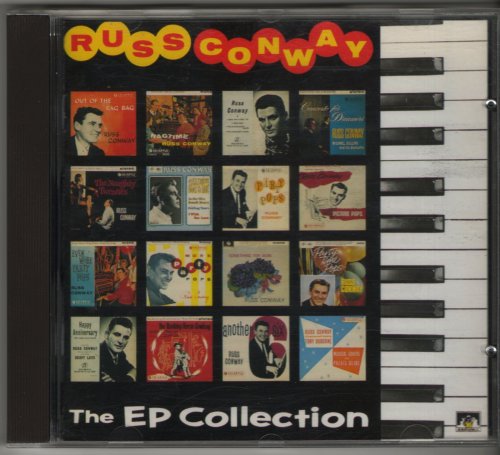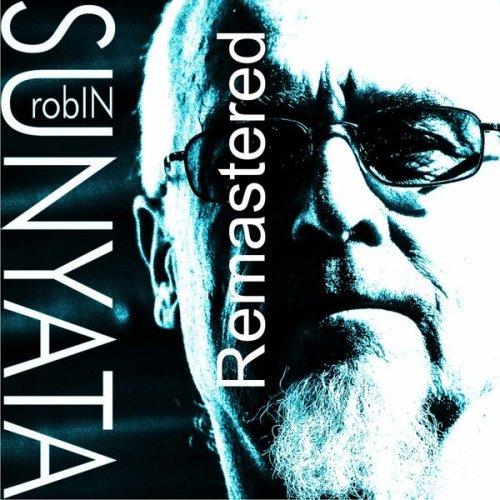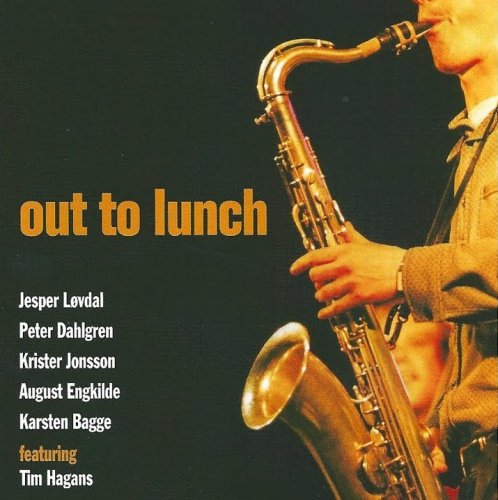Howard Riley Trio - Overground (2001)
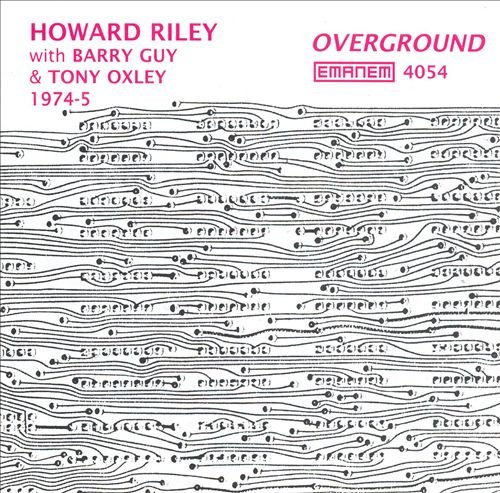
Artist: Howard Riley Trio
Title: Overground
Year Of Release: 2001
Label: Emanem
Genre: Jazz, Free Improvisation, Avant-Garde Jazz
Quality: FLAC (image+.cue, log, Artwork)
Total Time: 1:08:39
Total Size: 334 MB
WebSite: Album Preview
Tracklist:Title: Overground
Year Of Release: 2001
Label: Emanem
Genre: Jazz, Free Improvisation, Avant-Garde Jazz
Quality: FLAC (image+.cue, log, Artwork)
Total Time: 1:08:39
Total Size: 334 MB
WebSite: Album Preview
01. Loops (11:38)
02. Pages (16:14)
03. Spliced (10:07)
04. Recognition (10:09)
05. Overground (20:30)
During the mid-'70s, Howard Riley developed a highly personal musical vocabulary that remained under-documented. His use on the acoustic piano of amplification and electronic effects usually associated with the electric guitar may sound a bit dated today, but it gave his music a distinct color that is still very enjoyable. The material on Overground was recorded in two studio sessions in August 1974 and November 1975 with the same trio as the one found on Synopsis (Barry Guy on bass and Tony Oxley on drums). The music was made available in 2001 only. Pushing further the use of electronics in these sessions, the trio creates surprising improvisations over loose structures devised by Riley. Oxley uses primitive electronics, while Guy has pedal-controlled amplification. To the same toys the pianist adds distortion, which actually sounds pretty close to acoustic piano preparation. Things get very strange in the beautifully piano/drums duet "Pages." "Recognition" is an overdubbed piano duet, the extension of an idea Riley had exposed earlier that year in his LP Intertwine. The piece gracefully moves in and out of the electronics. The bassist steals the show in "Loops." Everywhere else all three musicians shine, showing how experienced this trio had become, especially on the 20-minute title track. Overground sounds more involved than the previous recording by the same lineup and is more exciting in terms of techniques and ideas, although more from a historical than a contemporaneous point of view. Recommended.
